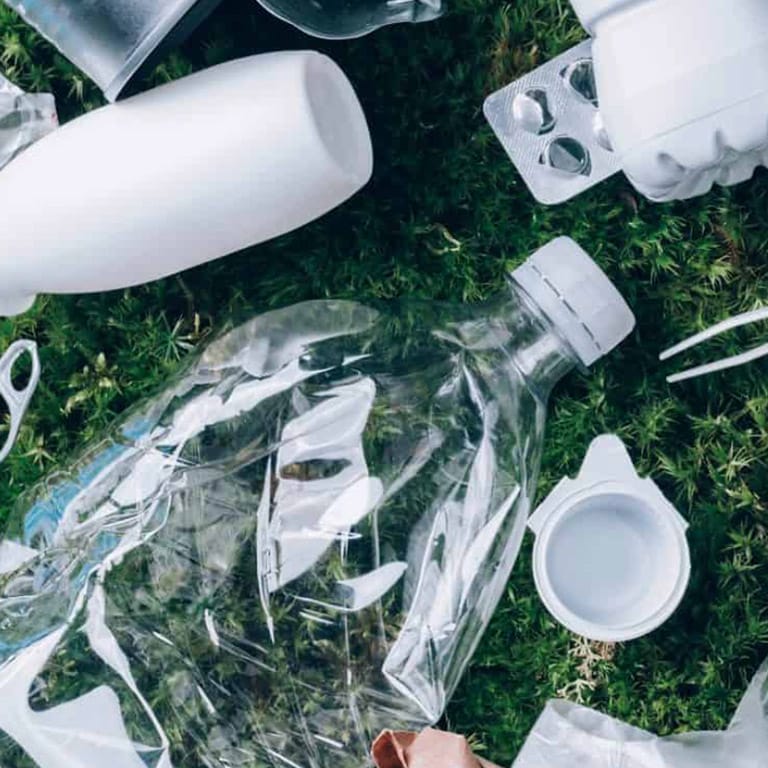New EU packaging rules: a more tailored approach is the key to success
By Daniëlle Schweitzer, Junior Advisor, Hague Corporate Affairs
With the new Regulation on Packaging and Packaging Waste (PPWR), the European Union wants to make all packaging reusable or recyclable by 2030, to end wasteful packaging. This is an important goal. However, the proposed regulation takes too little account of the differences in existing recycling initiatives. A more tailored approach is needed to make the PPWR work, argues Danielle Schweitzer, Advisor at Hague.

Policymakers in Brussels are currently crafting the new packaging rules. The European Commission published the proposal at the end of November. Now, the European Parliament and the Council of the EU, which consists of the Member States’ responsible ministers, are working on their respective positions, before the political negotations (“trilogue”) can start.
Packaging is also a priority on the political agenda in the Netherlands. The Dutch cabinet endorses the European Commission’s proposal, and even calls for more ambitious policies. Moreover, the Dutch State Secretary for Infrastructure and Water Management, Viviane Heijnen, presented a plan to accelerate the transition to a circular economy, with the objective to make the Netherlands fully circular by 2050. This ambition is underpinned by the National Circular Economy Programme (NPCE), which seeks to reduce the use of ‘virgin’ raw materials by boosting the recycling of waste.
The amount of packaging is rising
Over the past decade, packaging waste increased by 20% in the European Union. Of all the plastic produced, 40% is used for packaging. For all paper packaging, it is as much as half. This not only generates a lot of waste, but is also very energy-consuming. Moreover, since 2012, the amount of non-recyclable packaging has increased sharply. To transition to a circular economy, considerably less (fossil) fuels and critical raw materials must be used, whilst reuse and recycling must be encouraged.
Clearly there is a need to tackle the growing amount of packaging waste and its associated environmental impacts. The Commission’s proposal is thus very timely and an important step in the right direction. However, the PPWR, in its current form, is not always tailored to market realities and the specificities and functions of various packaging applications.
Reducing single use
In 2019, the EU institutions adopted the Single-Use Plastics Directive to ban the use of single-use plastics in the hospitality industry. Under the new PPWR, one of the proposed measures, for instance, is to reduce single-use packaging also when it is not related to food and beverages. However, it is not clear yet how this ban will concretely work.
Consequently, companies are looking at alternative solutions. For example, six food delivery companies – including JustEat Takeaway – have launched an experiment to collect trays and packaging from delivery meals. Customers can voluntarily return their items to a collection point
A tailored approach is needed
The PPWR is inevitably going to affect a lot of businesses, especially in the hospitality, retail, and e-commerce sectors. A bone of contention is the role of recyclable packaging. Many EU businesses are not well-prepared to implement the proposed rules yet since they have been investing in recyclable packacing for years. For instance, online shops no longer deliver clothes in plastic bags but in cardboard packages, and paper packaging has a very high recycling rate in some EU Member States, such as the Netherlands.
The Commission’s proposal is a regulation, meaning that the rules will be binding and directly applicable to all EU member states. On the one hand, harmonized rules across the EU create legal certainty for internationally operating companies. On the other hand, however, imposing blanket measures ignores the fact that waste treatment and recycling processes vary greatly from country to country. As such, the big challenge of the PPWR design is that it needs to be flexible enough to be workable in the contexts of the different EU Member States.
As such, the upcoming negotiations in Brussels will be crucial for the packaging sector, and many other companies. As is often the case when new legislation is being drawn up, the devil will be in the details.
Receive Hague updates
Want to know more about the transition to a circular economy and the PPWR? Contact Danielle Schweitzer.
Or subscribe to the newsletter and receive quarterly blogs from our advisors in your inbox.
